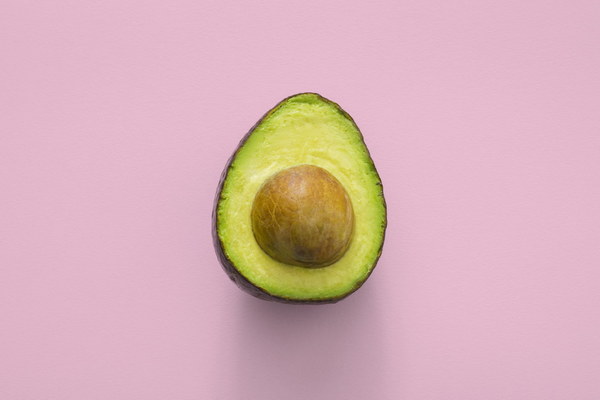Can Eating Pears Really Help Cleanse Your Lungs A Closer Look at the Evidence
In recent years, there has been a growing interest in natural remedies and the role of certain foods in promoting health. One such food that has garnered attention is the humble pear. With its juicy and sweet taste, pears are not only a delicious fruit but also rumored to have the ability to cleanse the lungs. But does this claim hold any truth? Let's dive into the evidence to find out if eating pears can really help clean your lungs.
1. High Water Content
One of the primary reasons why pears are believed to be beneficial for the lungs is their high water content. Approximately 85% of a pear is made up of water, making it a hydrating fruit. Proper hydration is essential for the body to function optimally, including the lungs. Adequate hydration helps maintain the elasticity of the lung tissues, making it easier for them to expand and contract during breathing.
2. Rich in Antioxidants
Pears are rich in antioxidants, which are compounds that protect the body against harmful free radicals. Free radicals are unstable molecules that can damage cells and contribute to the development of various diseases, including lung conditions. The antioxidants found in pears, such as vitamin C and flavonoids, have been shown to have anti-inflammatory properties, which may help reduce lung inflammation and improve respiratory function.
3. Natural expectorant
Some people believe that the natural sugars and fiber in pears make them a natural expectorant. An expectorant is a substance that helps loosen and expel mucus from the respiratory tract. While scientific evidence supporting this claim is limited, anecdotal reports suggest that consuming pears can help alleviate symptoms of respiratory conditions such as bronchitis and asthma.

4. Hydrating the respiratory tract
In addition to its high water content, pears also contain compounds that can help hydrate the respiratory tract. The natural sugars in pears can help attract and retain moisture in the lungs, making it easier to cough up mucus and clear out any irritants.
5. Potential for reducing lung cancer risk
Several studies have suggested that consuming fruits and vegetables rich in antioxidants, such as pears, may help reduce the risk of developing lung cancer. While the evidence is not conclusive, it is thought that the antioxidants in pears may help neutralize harmful free radicals and prevent DNA damage that can lead to cancer.
In conclusion, while there is some evidence to suggest that eating pears may have a positive impact on lung health, it is essential to approach this claim with a degree of caution. While pears can be a healthy addition to your diet, they should not be considered a miracle cure for lung conditions. If you have a respiratory condition, it is always best to consult with a healthcare professional for personalized advice.
In summary, the high water content, antioxidants, and potential expectorant properties of pears may contribute to their perceived ability to cleanse the lungs. However, further research is needed to fully understand the extent of their benefits. Incorporating pears into a balanced diet rich in fruits, vegetables, and other lung-healthy foods can be a positive step towards maintaining respiratory health.









